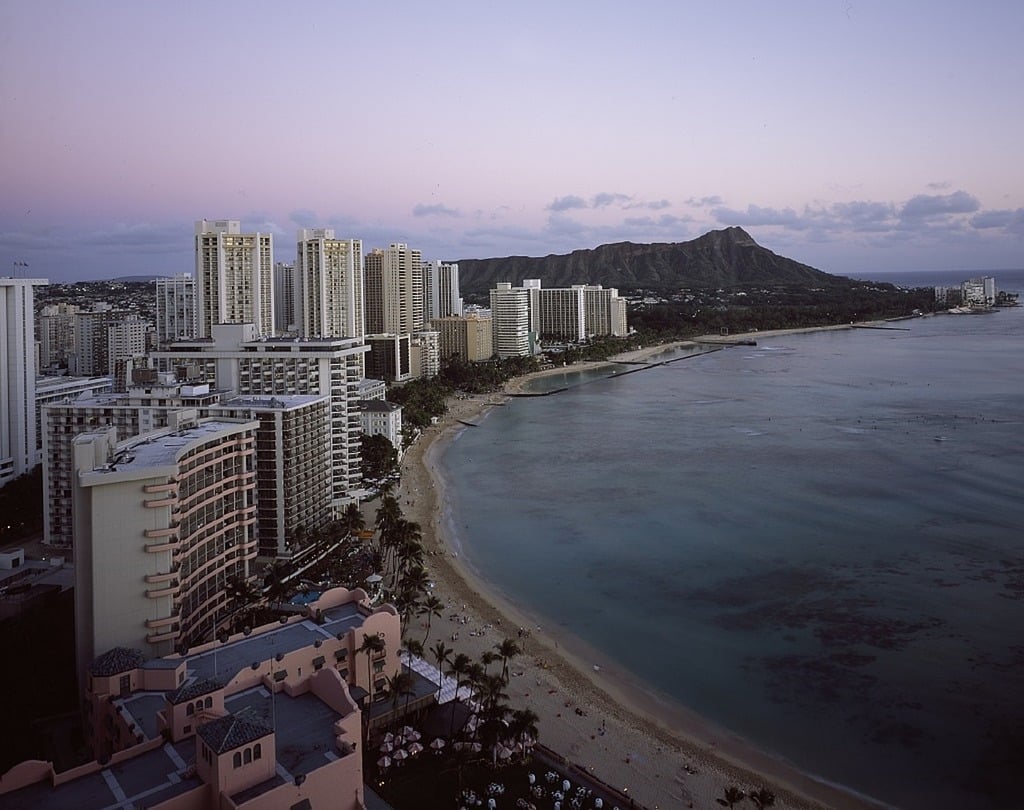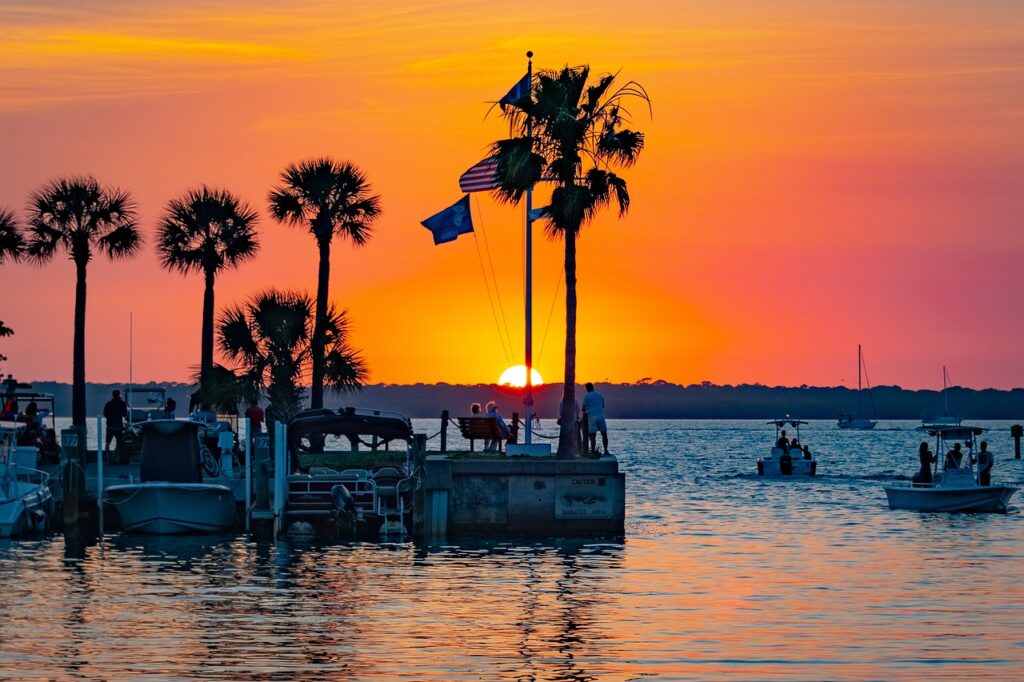Hawaii’s ambulance providers navigate extraordinary challenges with inter-island patient transfers requiring air ambulance coordination, tourist emergencies comprising 30% of transports, and geographic isolation creating the nation’s highest per-transport operational costs, while reimbursement remains mainland-based, factors that heavily influence ambulance collections in Hawaii.
Payer Mix Reality
Hawaii’s unique island geography and tourist economy create distinctive payer mix challenges for ambulance collections in Hawaii. Typical breakdown: Medicaid (Med-QUEST) 28%, Medicare 25%, Commercial Insurance 32%, and Self-pay/Tourist 15%. The high self-pay percentage reflects significant tourist emergency volume, with many international visitors lacking U.S. insurance coverage.
Major commercial payers include Hawaii Medical Service Association (HMSA Blue Cross Blue Shield), Kaiser Permanente Hawaii, United Healthcare, and AlohaCare. This concentrated insurance market allows some negotiating leverage, but operational costs far exceed mainland comparisons, directly affecting ambulance collections in Hawaii. Commercial reimbursement ranges from $1,400-$2,500 for BLS transports and $1,800-$3,500 for ALS transports, with inter-island transfers commanding premium rates.
Collection challenges in Hawaii are unique. For ambulance collections in Hawaii, collection rates are: Medicare 94%, Medicaid 90%, commercial insurance 58%, and self-pay/tourist 12%. The commercial rate reflects disputes over inter-island transfers and tourist insurance complications. International visitor emergencies often result in uncollectable debt despite higher billed charges. Successful Hawaii EMS billing recovery requires specialized knowledge of travel insurance, international billing procedures, and inter-island transport documentation requirements.
State Medicaid & Compliance
Hawaii’s Med-QUEST program reimburses ambulance services through managed care organizations, creating complexity for multi-island operations and ambulance collections in Hawaii. Base rates include $385 for BLS and $462 for ALS emergency transports, with additional inter-island coordination fees. However, these rates don’t adequately reflect Hawaii’s extreme operational costs, challenging providers managing Hawaii ambulance debt compliance requirements.
Timely filing limits vary by Med-QUEST plan (AlohaCare, HMSA QUEST, Kaiser, UHA, and ‘Ohana Health Plan), typically 90-180 days. Prior authorization requirements for non-emergency transports include specific documentation for inter-island transfers. Each plan maintains different authorization systems, complicating operations for providers serving multiple islands.
Hawaii’s Act 189 provides surprise billing protections beyond federal requirements, prohibiting balance billing for emergency services, including ground ambulance. The law establishes a dispute resolution process favoring patients, requiring providers to accept insurance payment as full settlement for emergency transports. Inter-island transfers create additional complexity, as medical necessity documentation must justify air ambulance coordination. These protections significantly impact ambulance collections in Hawaii, eliminating patient balance billing while requiring sophisticated insurance recovery processes.
Collection Laws
Hawaii’s collection laws balance consumer protection with creditor rights, acknowledging the state’s unique economic conditions and guiding ambulance collections in Hawaii. The state’s approach to Hawaii emergency medical transport collections considers high living costs and cultural factors affecting collection strategies, particularly for Native Hawaiian communities.
Collection agencies must register with Hawaii’s Department of Commerce and Consumer Affairs and maintain a $25,000 surety bond. Hawaii law limits wage garnishment to 5% of gross income for low earners and 25% of disposable income for others, recognizing the state’s high cost of living. The state provides a $30,000 homestead exemption ($40,000 for elderly), modest given Hawaii property values.
Hawaii’s statute of limitations is six years for all contracts, providing extended collection opportunities. Courts recognize the unique circumstances of tourist emergencies and inter-island medical necessities. Recent legislation enhanced protections for Native Hawaiian patients, requiring culturally sensitive collection practices and expanded charity care options. Hawaii’s surprise billing ambulance cases established precedents for clear disclosure of inter-island transfer costs and coordination fees when non-emergency transport allows advance notice.
Local EMS Landscape
Hawaii’s EMS system uniquely operates across isolated islands with no ground transport connections. Major hospital systems—The Queen’s Health System, Hawaii Pacific Health, Kaiser Permanente Hawaii, and Maui Health—coordinate complex inter-island transfer networks. Each island maintains distinct EMS operations adapted to local geography and population needs.
The 911 system operates through county-based services corresponding to each major island. Honolulu EMS serves Oahu with urban and rural coverage. Maui County EMS covers Maui, Molokai, and Lanai with unique inter-island coordination requirements. Hawaii County handles the Big Island’s vast distances and volcanic hazards. Kauai’s isolated position requires self-sufficient operations.
Transport distances defy mainland metrics. While Honolulu urban transports average 8 miles, rural Big Island transports can exceed 100 miles on winding mountain roads. Inter-island transfers require helicopter or fixed-wing coordination, multiplying costs. Unique challenges include volcanic activity responses, remote beach rescues, and tourist emergencies at isolated attractions. The Hawaii Department of Health EMS & Injury Prevention System Branch provides statewide coordination while respecting county operational autonomy—a structure that shapes Ambulance Collections in Hawaii.
Case Study
In Maui, a private ambulance service reduced its 120-day A/R from $2.4 million to $1.5 million by implementing tourist-specific billing protocols. They struggled with 70% write-offs for international visitor transports and complex inter-island transfer billing scenarios where ground and air services required coordination.
Partnering with Midwest Service Bureau’s international billing team, they developed partnerships with major travel insurance companies and implemented point-of-service insurance verification at hotels and tourist destinations. The team created specific documentation templates for common tourist emergencies (ocean injuries, hiking accidents) that satisfied international insurer requirements. By establishing direct billing agreements with Japanese and Canadian travel insurers and implementing multilingual billing communications, they improved tourist emergency collections from 12% to 34%. This transformation demonstrates how adapting to Hawaii’s tourist economy is essential for sustainable EMS operations and successful ambulance collections in Hawaii.
Hawaii’s Department of Health 2023 EMS Strategic Plan identified tourist emergency cost recovery as critical for system sustainability.
Contact Our Ambulance Collections in Hawaii
Ready to optimize your ambulance collections in Hawaii? Midwest Service Bureau understands Hawaii’s unique challenges. Call 316-263-1051 to discuss your specific needs.
Phone: (316) 263-1051
Address: 625 W. Maple St., Wichita, KS 67213





